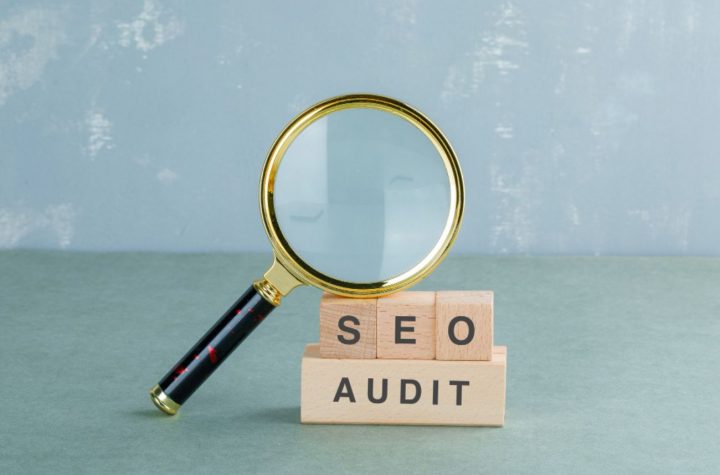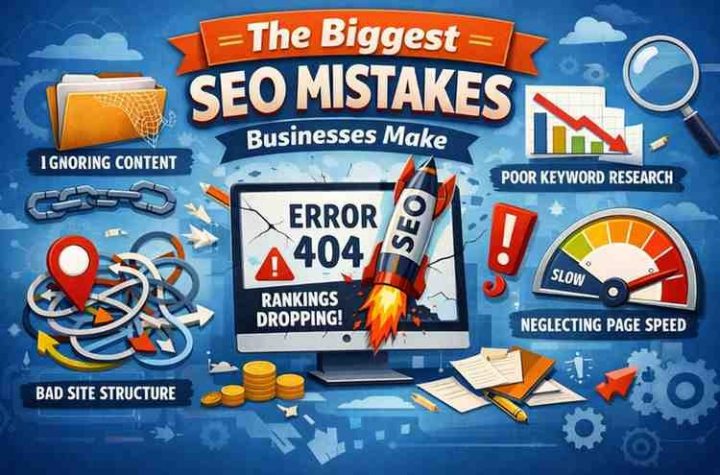
The Google Analytics 4 (GA4) transition was not merely a technical transition; it was a shift in the very nature of how we quantify online value. For online reputation management and drive search performance-driven businesses, it is a huge plus. It brings us away from the visitor count and into the realm of authentic user behavior, engagement, and conversion.
If your business is still only considering GA4 as a reporting tool for your seo department, then you are missing the larger picture. It is a robust performance management facilitator that affects your search visibility and your business’s overall brand reputation directly. It bridges the gap between the keywords individuals type into search and the actions they perform—or don’t perform—once they land on your pages. This is significant to any contemporary seo consulting agency.
Key Changes in GA4 That Affect SEO and ORM
GA4’s revised model provides us with far greater understanding of the customer journey, particularly for traffic that incorporates branded searches, reviews, or other reputation-driven searches.
Event-Based Tracking: User Signals, Not Page Views
Rather than the legacy system’s emphasis on sessions and page loads, GA4 measures almost everything as an event. This is important because it provides detailed measurement of significant user signals
- Scroll Depth: Did the visitor view the content that you posted in response to a negative post?
- Outbound Clicks: Did they click on a ‘Contact Us’ link off a defensive landing page?
- Video Engagement: Did they view the entire brand message off an organically driven page?
This kind of data allows an online reputation management firm to understand the quality of the visit, rather than the quantity.
Engagement Rate Replaces Bounce Rate
The retirement of the old bounce rate is likely the most extreme adjustment. GA4 employs Engagement Rate, which is a far more enlightened measure. A session is ‘engaged’ when a user:
- Spends more than 10 seconds.
- Explores two or more pages.
- Initiates a conversion (an event that you have flagged as significant).
That is, a user who arrives at your site from a bad search result, scans your lengthy answer for a minute, and then exits is considered to be an engaged user, not a bounce. That provides a much better, truer picture of the way that your reputation-driven traffic is engaging with your content.
Impact on SEO Measurement and Reputation Services
This transition to an event system also enhances the accuracy of how seo consulting services and ORM teams interact.
Precise Branded Search Attribution
Branded keywords is where SEO intersects with ORM. GA4 enhances the attribution model so that you can view the complete path for users who search using terms such as “[Brand Name] reviews” or “[Brand Name] issue.” By monitoring custom events—such as a user clicking on a link to a formal statement or a testimonial—you can trace organic search traffic directly to beneficial reputation outcomes.
Monitoring Sentiment-Driven Visits
GA4 enables you to track and report how external reputation content that brings traffic back to your site impacts it:
- Custom Events for Reviews: Develop a click event on third-party review websites or industry listing sites.
- Content Performance: Use Explorations to see which in-house pages (your ‘Trust & Safety’ page or long-form customer service blog posts) are being searched by users who originally entered negative keywords. That is, the content successfully establishing customer trust and restoring reputation.
GA4 as a Performance Management Tool
The strength of GA4 is that it can scale its data not only against traffic goals, but business results themselves.
Metrics That Matter: Measuring Outcomes, Not Views
When it comes to ORM, it’s all about restoring trust or minimizing harm, and those are measurable. You should have your GA4 configured to measure:
- ‘Reputation Repair’ Conversions: A branded event for a referral from a damage control page, download of an official statement, or click-through to a special customer support line.
- Lead Quality from Branded Search: Track the organic traffic conversion rate coming through branded searches versus generic searches. This will identify the commercial value of a good reputation.
Using Explorations to Identify Underperformance
Explorations is an open space to delve in further. Use it to:
- Path Analysis: See the path taken by users after they have visited an ORM-targeted page. Do they visit a service page afterwards? Or depart?
- Segment Overlays: Overlay a segment for “Users who visited a review-related page” on your conversion reports. This will give you immediately the value—or lack thereof—of your existing defensive content.
Best Practices for SEO and ORM Teams Post-Migration
To get the best out of this new platform, your teams must start working away from standard reporting to custom tracking based on actions.
- Establish Custom Events That Are Relevant: Beyond automatic tracking. Collaborate with your seo consulting services provider to establish custom events for branded query engagement, review clicks, and what specific actions indicate good reputation momentum.
- Bring It All Together: Do not let your data exist in isolation. Bring GA4, Google Search Console, and your ORM dashboards together to give you a 360° perspective. GSC gives you what people have searched for; GA4 gives you what they’ve done afterwards. Your ORM tool gives you where the sentiment came from.
- Construct Performance-Based Leadership Reports: In your reports to the executives, resist the temptation of merely reporting the monthly volume of traffic. Rather, give reports that are results-driven: “Increase in Engaged Sessions on Trust Pages,” “Conversion Rate of Organic Branded Traffic,” or “Decrease in Exits from Crisis Content.” This is a reflection of the commercial worth of your SEO and online reputation management firm’s work.
Conclusion: Future-Proofing SEO and ORM with GA4
GA4 migration is the basis of a more mature, performance-driven digital measurement. By adopting event-based measurement and the additional insight into the engagement rate, companies can measure not only search visibility, but the actual influence of their content on user trust and business results.
It’s time to move past simple click counting and begin to measure success. GA4 provides you with the tools to future-proof not only your search visibility, but also your brand reputation for years to come.




More Stories
SEO Services in India: A Comprehensive Guide to Sustainable Business Growth
Which business directory is best for SEO?
Types of SEO: What Every Business Should Know